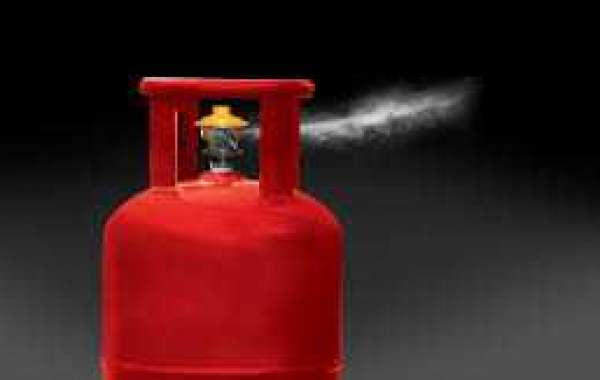Steps to take
opening windows and doors; To allow clean air in.
Close the main gas switch.
Get out of the house, or the place where the gas was leaking.
Contact the emergency room or the competent authority to deal with this situation.
Follow the instructions provided by the specialists over the phone, and stay out until help arrives.
Go immediately to the doctor or hospital if the person feels tired, and tell them that he may have been exposed to gas inhalation or carbon monoxide poisoning.
Actions to avoid
The following things should be avoided when there is a gas leak:
Find the source of the leak.
Use the phone where the gas is leaking.
Attempt to repair the fault, or stop the leak.
Turning off or opening lights or any electrical appliances.
Keep doors and windows closed.
Leave the case without calling 911.
Signs of a gas leak
Gas is used for heating, water heating, cooking, and other things in homes, and because natural gas has no smell, bottling companies add harmless chemical compounds; To warn people when there is a gas leak, and to help identify the problem of gas leakage, even if it is small, the following points can be checked:
Smell sulfur, or something like rotten eggs.
Seeing damage to the gas pipes.
Hearing a rustling or whistling sound near a gas pipe.
Seeing a hazy substance, or bubbles, above the standing water.
Plant death or wilting for no apparent reason.
Symptoms of gas inhalation
Gas leakage changes the percentage of oxygen in the place; Therefore, a person breathes less oxygen, and some signs appear on him, such as:
Headache.
dizziness;
Nausea.
feel helpless.
Eye and throat irritation.
Difficulty breathing.
Paleness of the skin, which appears only upon direct contact with the liquid gas.
Loss of consciousness, and even death in the event of exposure to high levels of the gas.
TRANSLATED FROM:












